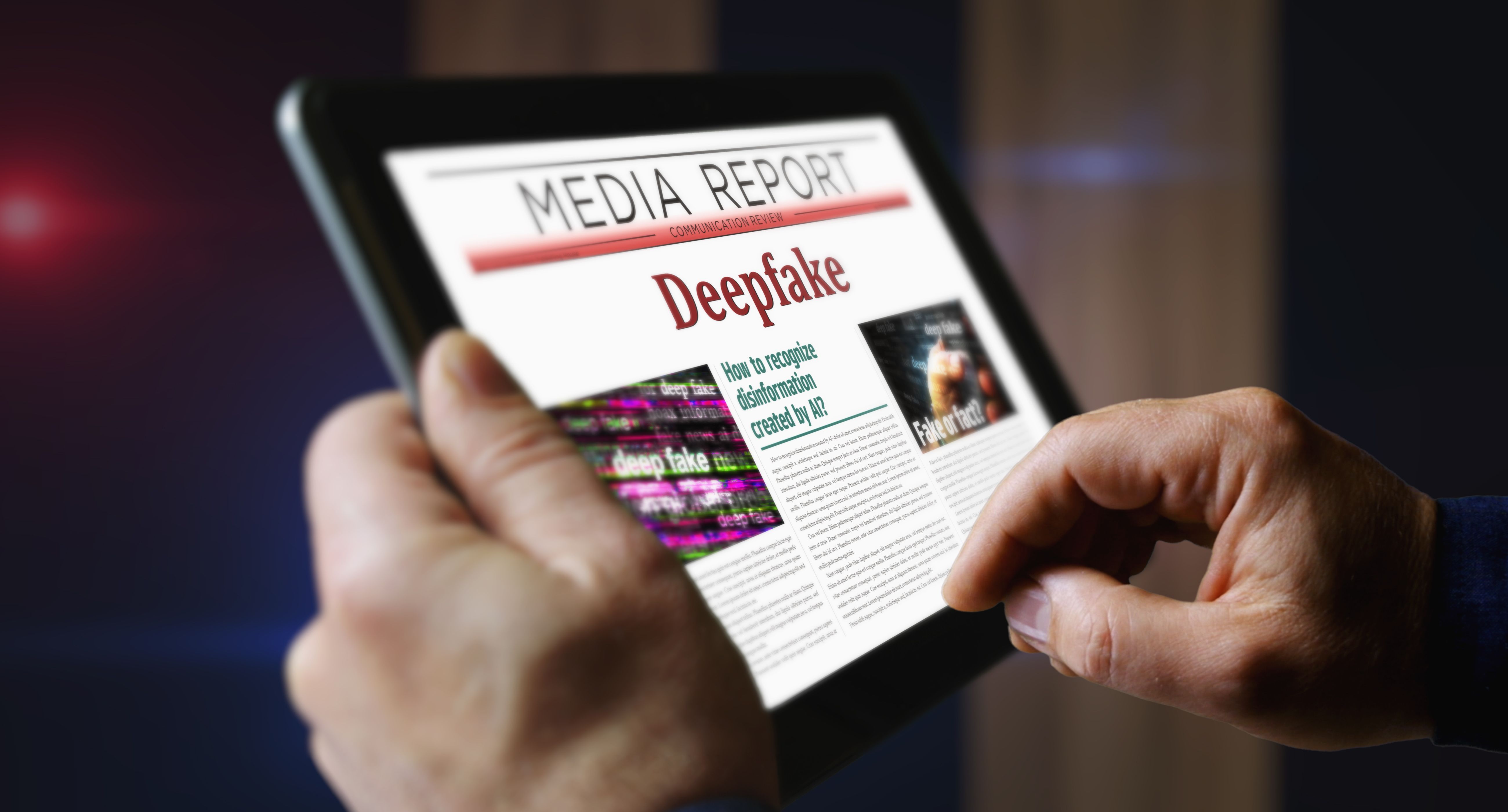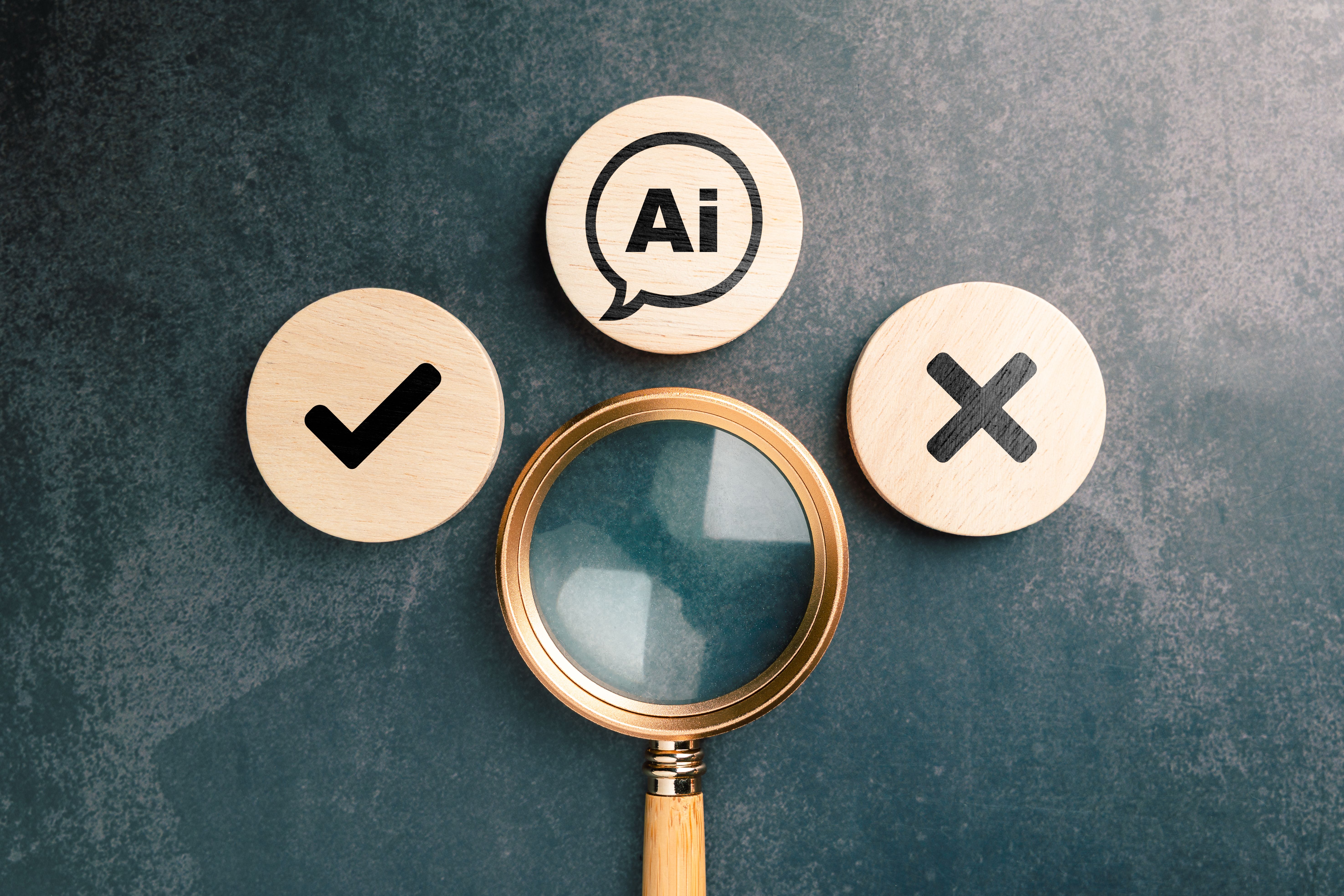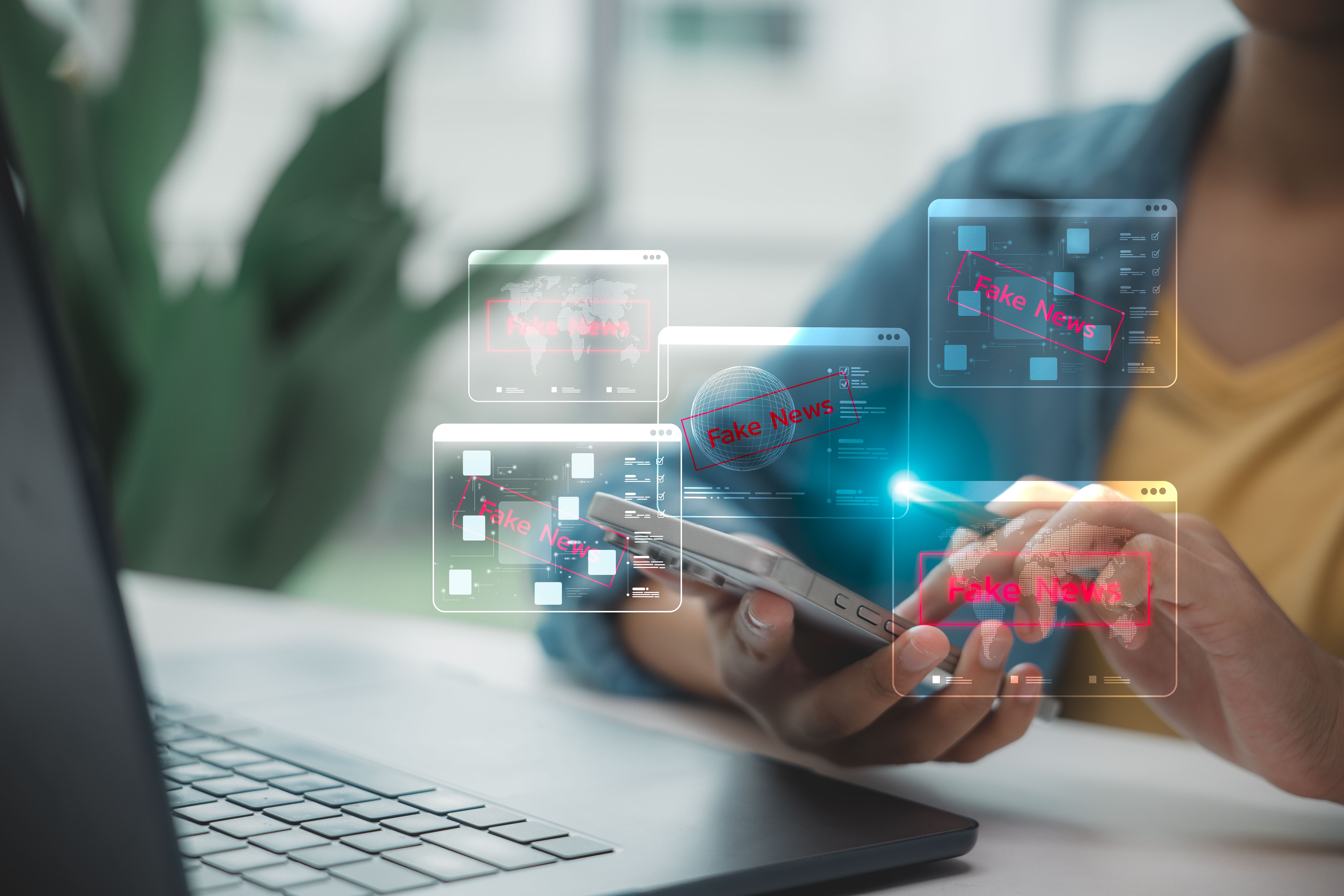Sharpening Critical Thinking: Tackling Misinformation and Deepfakes
JT
Understanding Misinformation and Deepfakes
The spread of misinformation and deepfakes is a rising concern. These deceptive practices can manipulate perceptions and influence public opinion. As we increasingly rely on digital media for information, sharpening critical thinking skills has become crucial.
Deepfakes, which involve digitally altering videos to make them appear as if someone has said or done something they haven’t, are particularly insidious. They exploit our trust in visual evidence, making it essential to question the authenticity of what we see online.

The Importance of Critical Thinking
Critical thinking is the ability to analyse information objectively and make a reasoned judgment. It involves evaluating sources, identifying biases, and questioning assumptions. This skill is vital in discerning fact from fiction, especially in an era where misinformation can spread rapidly across social media platforms.
By honing critical thinking skills, individuals can better navigate the complexities of the information landscape. This involves being sceptical of information that seems too sensational or aligns perfectly with personal biases.
Strategies to Combat Misinformation
To effectively tackle misinformation and deepfakes, consider adopting the following strategies:
- Verify Sources: Always check the credibility of the source. Reliable sources typically have a track record of factual reporting.
- Cross-Check Information: Look for multiple sources before accepting information as true. Diverse perspectives can provide a more balanced view.
- Be Sceptical of Unusual Claims: Extraordinary claims require extraordinary evidence. Be cautious of information that seems too bizarre or extreme.

Role of Technology in Detecting Deepfakes
Advancements in technology also provide tools to detect deepfakes. AI-based software can analyse videos for signs of manipulation. These tools are becoming increasingly sophisticated, helping to identify inconsistencies in audio and visual data.
However, while technology plays a role in detection, it should complement, not replace, critical thinking. The human aspect of questioning and analysing remains irreplaceable.
Educational Initiatives and Awareness
Education is a powerful tool in combating misinformation. Schools and organisations can incorporate media literacy programs to teach individuals how to critically evaluate information. Awareness campaigns can also help the public recognise the signs of misinformation and deepfakes.

By fostering an environment that encourages questioning and verification, we can build a society more resilient to the impacts of misinformation. The collaboration between educational institutions, technology companies, and individuals is key to this endeavour.
Conclusion: Empowering Individuals
In conclusion, sharpening critical thinking skills is essential in tackling the challenges posed by misinformation and deepfakes. By being vigilant and informed, we can protect ourselves and others from the potentially harmful effects of false information.
Empowering individuals through education and technology is a step towards a more informed and discerning society. Let us all commit to questioning, verifying, and thinking critically about the information we encounter.
